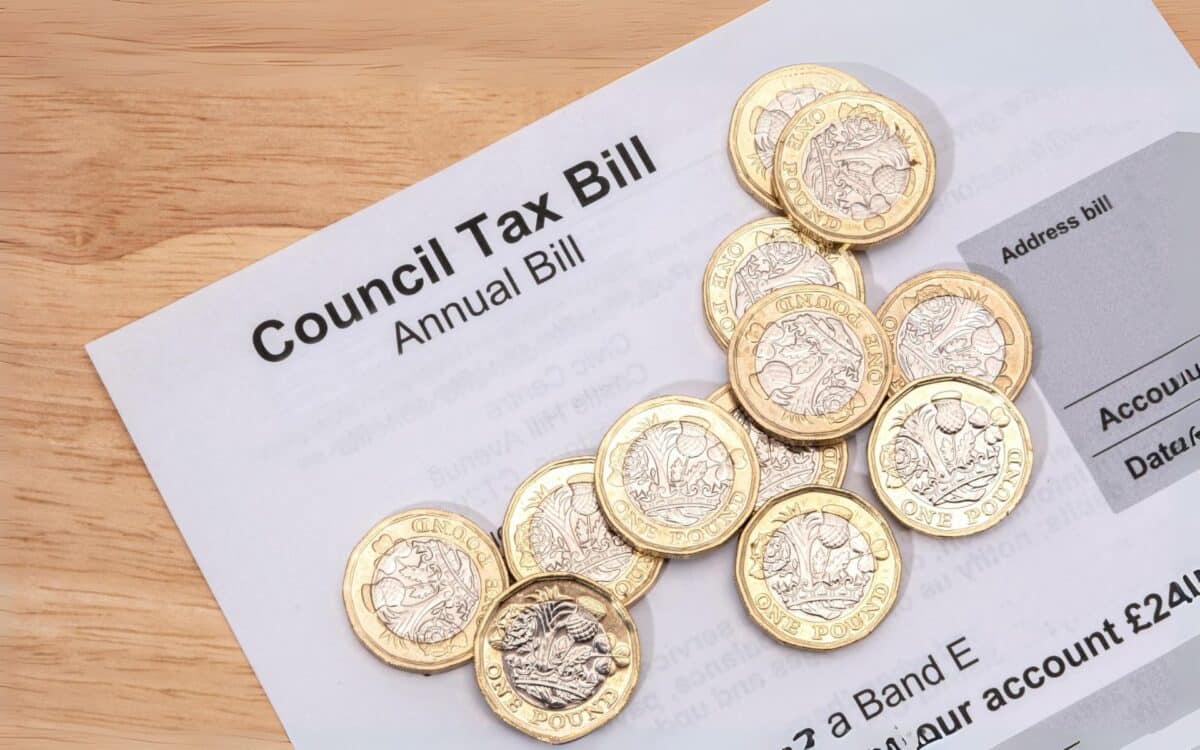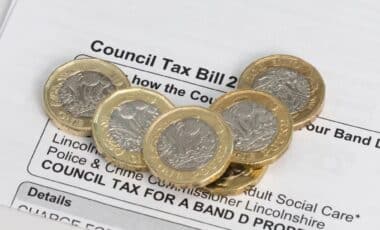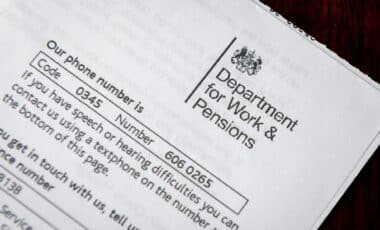Certain medical conditions may entitle UK residents to a significant reduction—or even a complete exemption—from their council tax bill.
According to Manchester Evening News, this little-known support scheme could be worth hundreds of pounds each year for those who meet specific criteria. With council tax rates set to rise again in April, many households may unknowingly qualify for relief.
The process involves both medical and administrative steps, and eligibility depends on individual circumstances. While the rules can seem complex, understanding who qualifies and how to apply could ease the financial burden for thousands currently paying more than they should.
Who Qualifies for a Council Tax Exemption
According to UK legislation and guidance from MoneySavingExpert (MSE), individuals may be eligible for a council tax discount if they are medically certified as being severely mentally impaired (SMI) and meet additional criteria related to benefit entitlement.
The discount ranges from 25% to 100%, depending on household composition.
To qualify, a person must hold a certificate from a general practitioner (GP) or another recognised medical authority confirming that they are severely mentally impaired. In addition, they must either be in receipt of, or at least eligible for, certain state benefits.
These include Attendance Allowance, Disability Living Allowance (DLA), Personal Independence Payment (PIP), Income Support, or Universal Credit.
According to the legal definition, a person is classed as severely mentally impaired if they have
A severe impairment of intelligence and social functioning (however caused) which appears to be permanent.
Medical Conditions That May Be Considered as SMI
The term severely mentally impaired is not strictly tied to a specific diagnosis. Instead, it refers to the overall impact on a person’s cognitive and social abilities. MoneySavingExpert outlines several medical conditions commonly associated with an SMI classification. These include:
- Dementia (including Alzheimer’s disease)
- Parkinson’s disease
- Severe learning difficulties
- Multiple sclerosis
- Cerebral palsy
- Severe stroke
- Schizophrenia
MSE explains:
You can be diagnosed as SMI as a result of a range of conditions – which could include things like dementia, schizophrenia, multiple sclerosis, having had a stroke, or having had an accident which permanently affects your intelligence and social functioning.
Many conditions can underlie being SMI, but no condition means a person is definitely also SMI. Being SMI is a doctor’s diagnosis in its own right.
This highlights that each case is assessed individually. A medical condition alone does not guarantee qualification. The diagnosis of SMI must be based on the impact of the condition rather than the condition itself.
How Much of a Discount Can Be Received
The level of reduction depends on the number and type of occupants in the household. A person diagnosed as severely mentally impaired (SMI) who lives alone is entitled to a 100% exemption from council tax.
If they share the property exclusively with individuals who are also disregarded for council tax purposes—such as full-time students or live-in carers—they may qualify for a 50% discount. In cases where they live with one adult who is not disregarded, the household is typically eligible for a 25% reduction.
People who are disregarded include :
- Individuals under 18
- Full-time students
- Live-in carers
- People on certain apprenticeship schemes
- Diplomats
Additional Benefits and Backdated Claims
Eligible individuals must be in receipt of, or qualified to receive, one of the following benefits :
- Attendance Allowance
- Disability Living Allowance (DLA)
- Personal Independence Payment (PIP)
- Universal Credit
- Income Support
In some cases, local councils may backdate claims by up to six years, offering retroactive financial relief. However, backdating is not guaranteed and depends on individual council policies.
Lack of Awareness and Ongoing Council Tax Increases
MSE reports that hundreds of thousands of people across England, Scotland, and Wales may be missing out on these exemptions due to a lack of awareness. This is particularly relevant as council tax bills continue to rise.
From April 1, the average band D council tax bill will increase to £2,280, representing a £109 increase from the previous year and a 20% rise over five years.
Anyone who believes they, or someone they care for, may be eligible should first contact their local council to obtain the exact eligibility criteria.
They should also consult the UK government’s official website (gov.uk) for detailed guidance and application instructions.
Acting promptly could make it possible to access both future and backdated discounts, providing meaningful financial relief to individuals and families dealing with long-term medical conditions.









